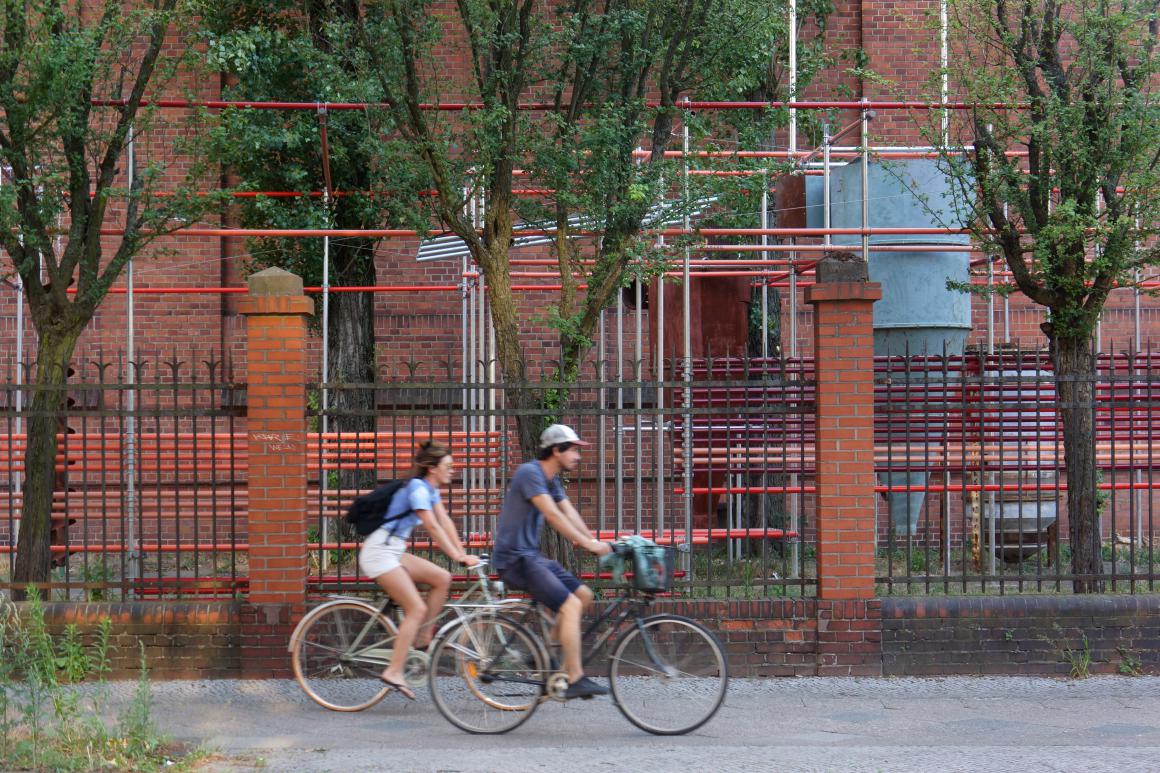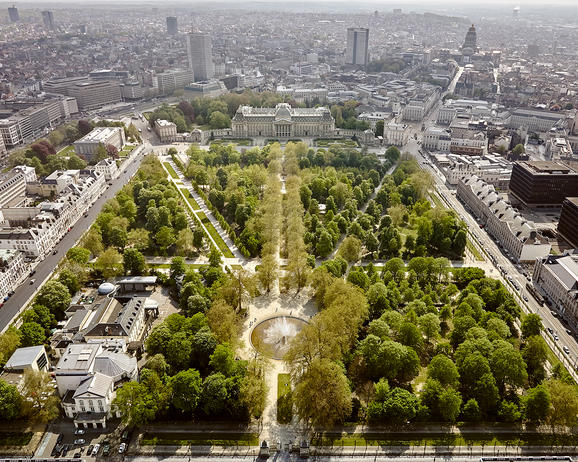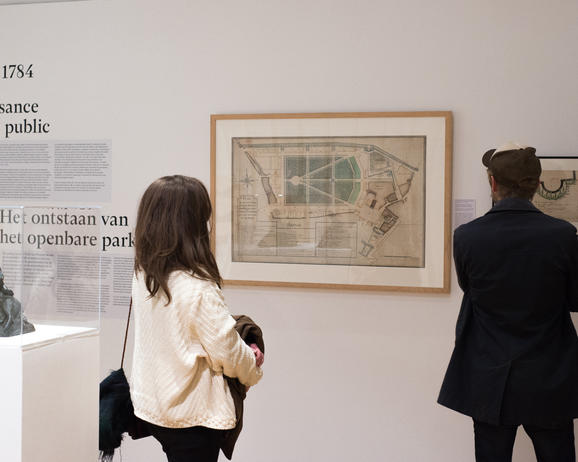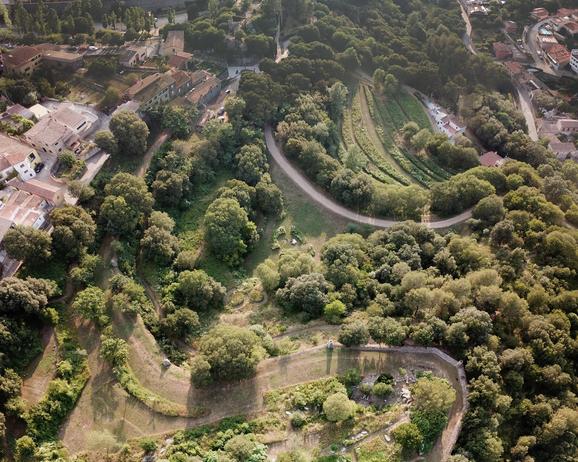Op welke manier ontwerpen landschapsarchitecten de landschappen van de toekomst? Op welke uitdagingen moeten ze een antwoord bieden? In het kader van de tentoonstelling Designed Landscapes organiseert CIVA samen met de Leerstoel landschapsarchitectuur van de Architectuurfaculteit La Cambre Horta (ULB) drie evenementen om hier dieper op in te gaan. Een eerste lezing onderzoekt hoe we de notie van een tuin kunnen heruitvinden (Thilo Folkerts, Berlijn). Tijdens een tweede talk wordt dieper ingegaan op creativiteit in het beheer van parken (Marti Franch, Girone — 14.03.19). Tijdens een derde evenement tenslotte wordt een tiental Brusselse ontwerpers uitgenodigd om te debatteren over de toekomst van de Brusselse landschappen (21.03.19).
lezing Thilo Folkerts (100Landschaftsarchitektur): 5€
expo Designed Landscapes (uitzonderlijk open tot 20u) + talk Thilo Folkerts: volwassenen 10 € / studenten en senioren 5 € / museumpass gratis
— Bij aankoop van je toegangsticket voor de tentoonstelling kan je genieten van een gratis gidsbeurt door de expo om 18u
Next Season : The City as a Garden
It is not news that our cities are dissolved, fragmented, globalized. Acknowledging the world’s near complete human pervasion, the resultant high degree of turbulence between nature and culture requires new perspectives. The garden stands at the interface of these readjustments, as a cultural topos. Yet, it has all but vanished from the professional discourse in landscape architecture.
The garden that I’m interested in is not as a typology or an enclosed space—the motific hortus conclusus is cut off from the world, it is decided upon, solved, benignly encased. I’m interested in the garden as a contemporary cultural realm in which our urban realities and relations to the environment become tangible, and where space and process become workable. My understanding of garden represents a palpable reality of nature within the urban landscape. Such nature does not constitute an opposition to the city, but is essentially part of it, a nature that is integrated in and culturally interwoven with the city, a nature that includes humans, their curiosity and knowledge. Designing with it is about conceptualizing its complex presence, about discovering and utilizing it for our urban lives.
The recovery and widened reactivation of the term could well be a tool and the garden simultaneously a field of work where landscape architecture, urbanism, architecture, art, and many more disciplines converge. This garden is, so to say, for all to work on.
Thilo Folkerts
Born in Neuenhaus, Germany in 1967. He studied landscape architecture at the Technische Universität Berlin (TUB), taught as an assistant professor at the Chair of Landscape Architecture at the ETH in Zurich, Switzerland, as a visiting professor at the School of Landscape Architecture at the Université de Montréal, Canada, at the TUB and at the Academy of the Arts in Stuttgart. However, primarily working as a designer, Thilo Folkerts, has since 1997, realized landscape architecture and experimental works on the concept of the garden. Projects were installed in Quebec, Le Havre, Craonne, Lausanne, Basel, Zurich, Rome, Sardinia, Kortrijk, Brussels, Berlin and many other places. In 2014 he was a fellow at the Villa Massimo in Rome. In addition to working as a landscape architect who designs, experiments and constructs, he pursues his interest in the unique language of gardens as author, editor and translator. Thilo Folkerts founded 100Landschaftsarchitektur in Berlin in 2007.



